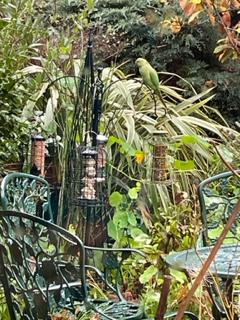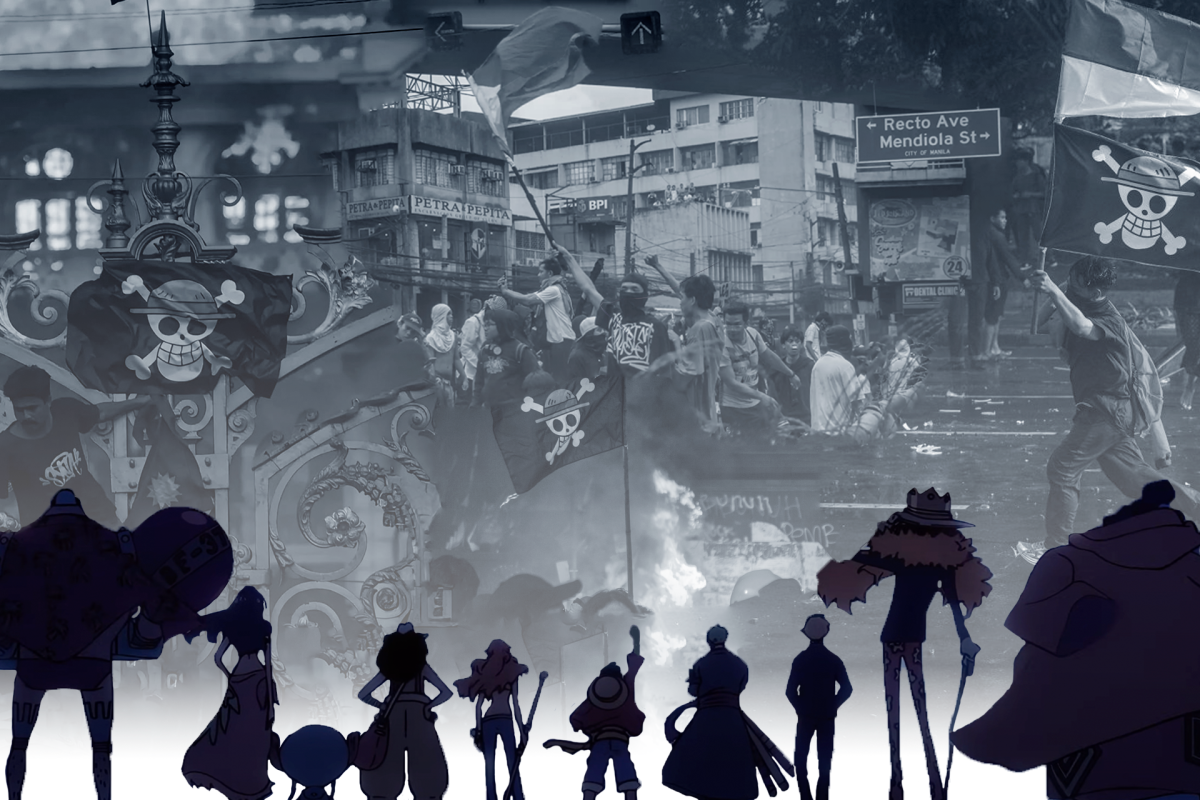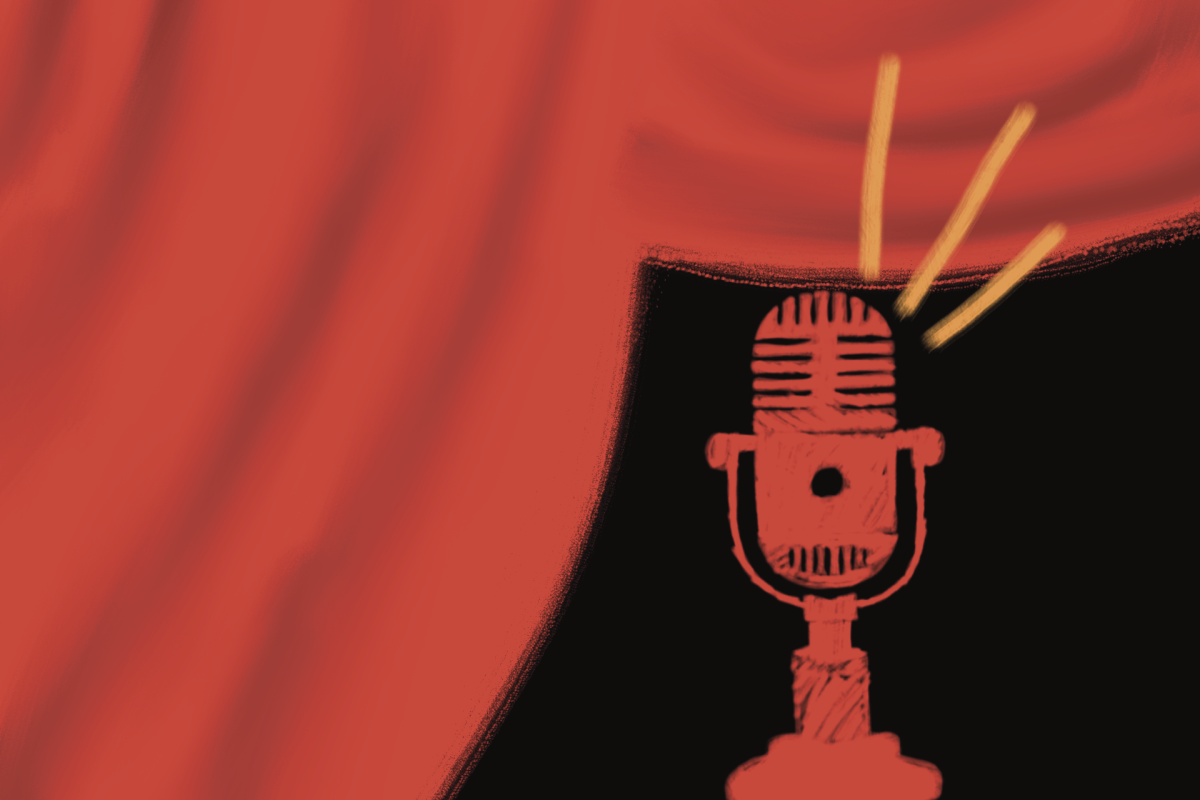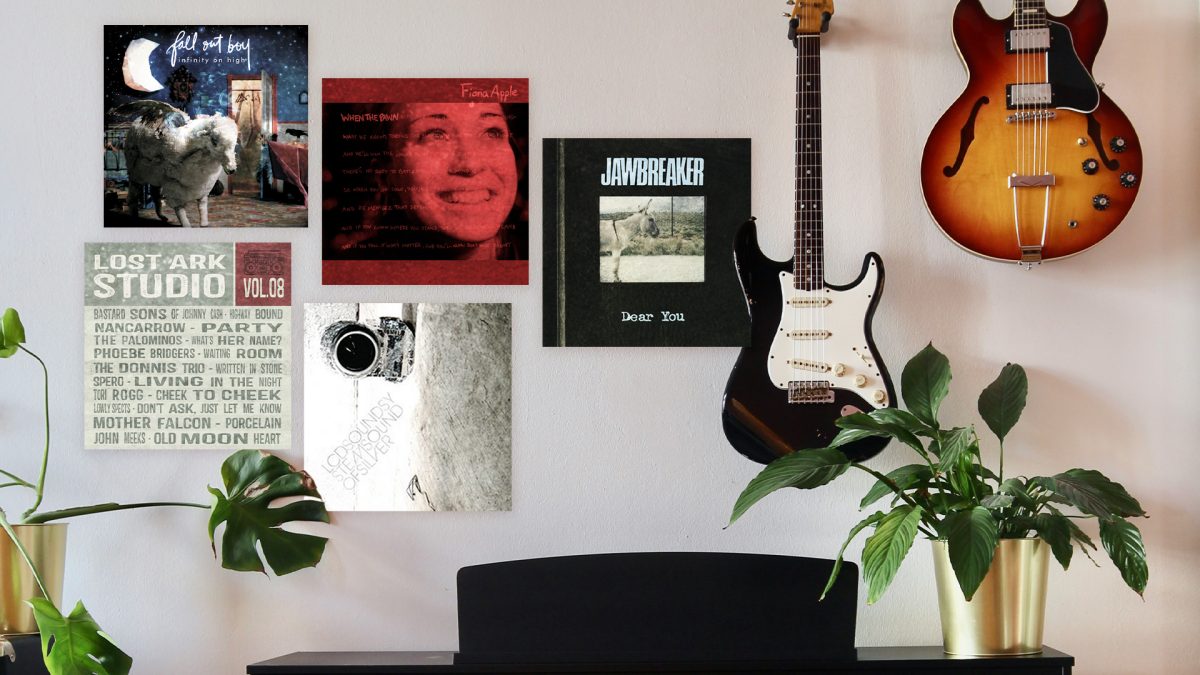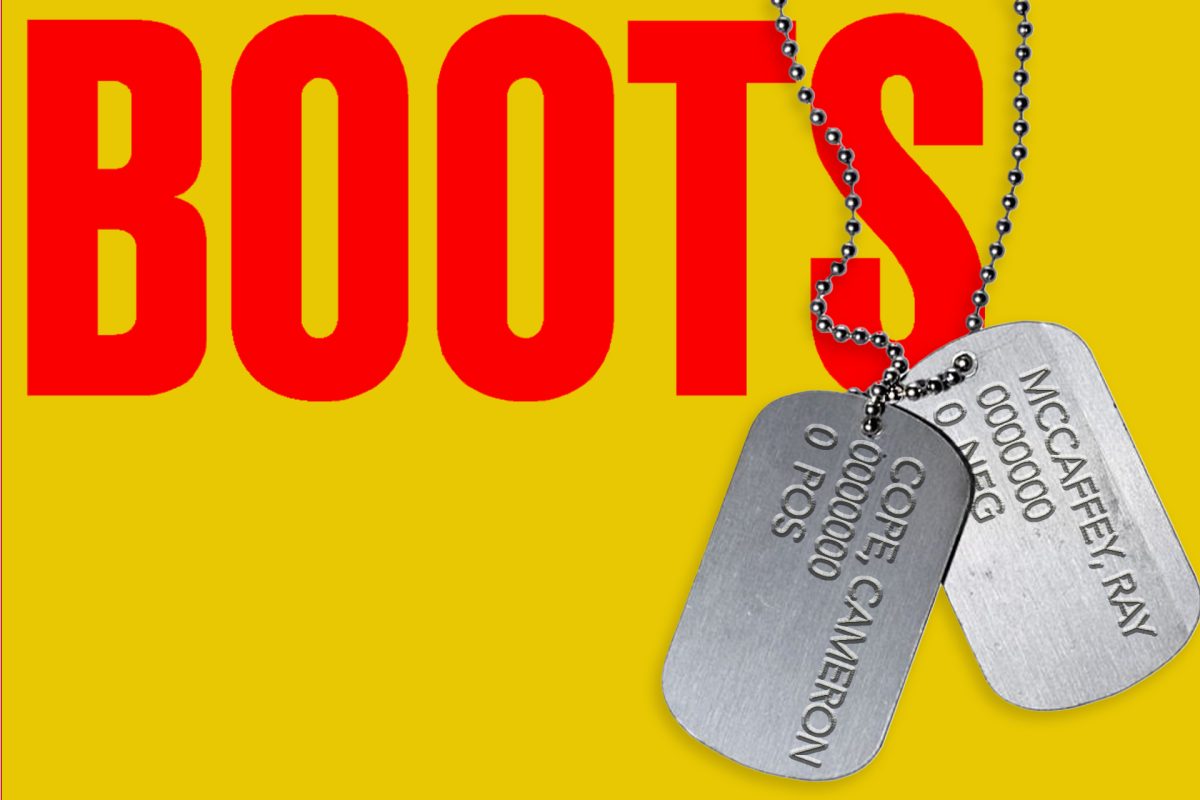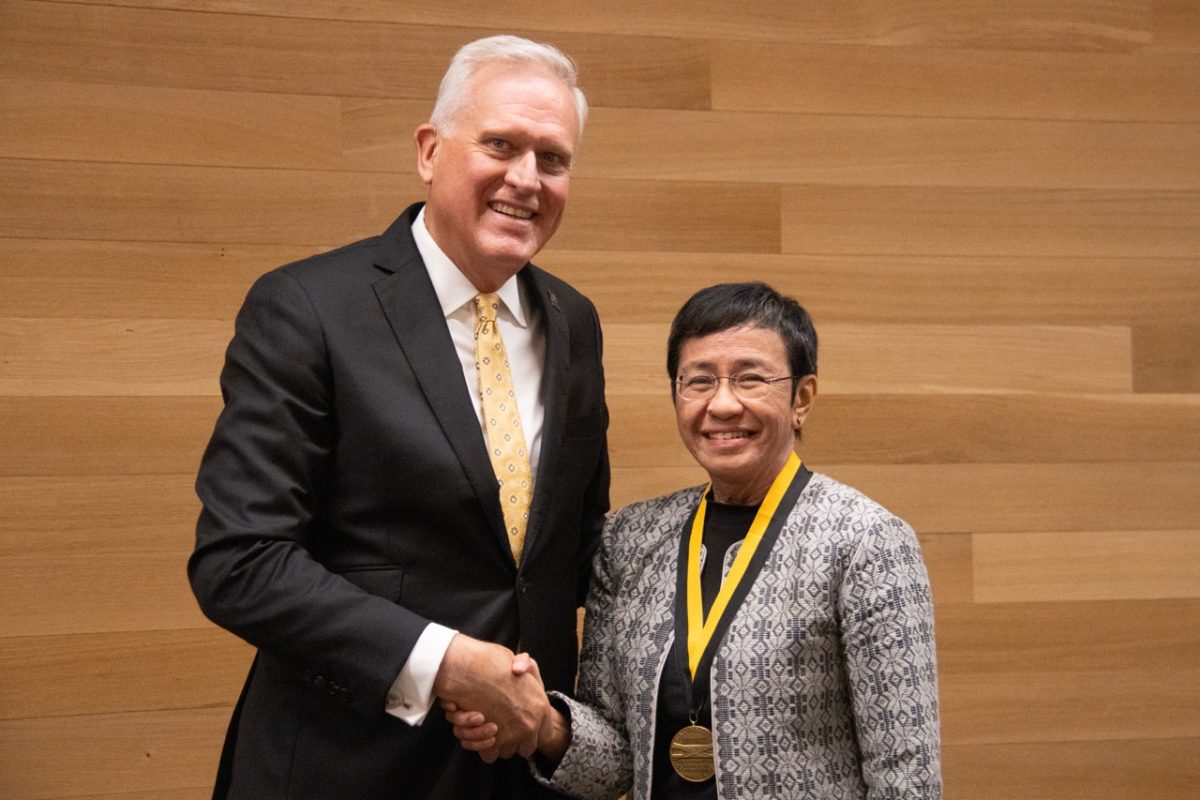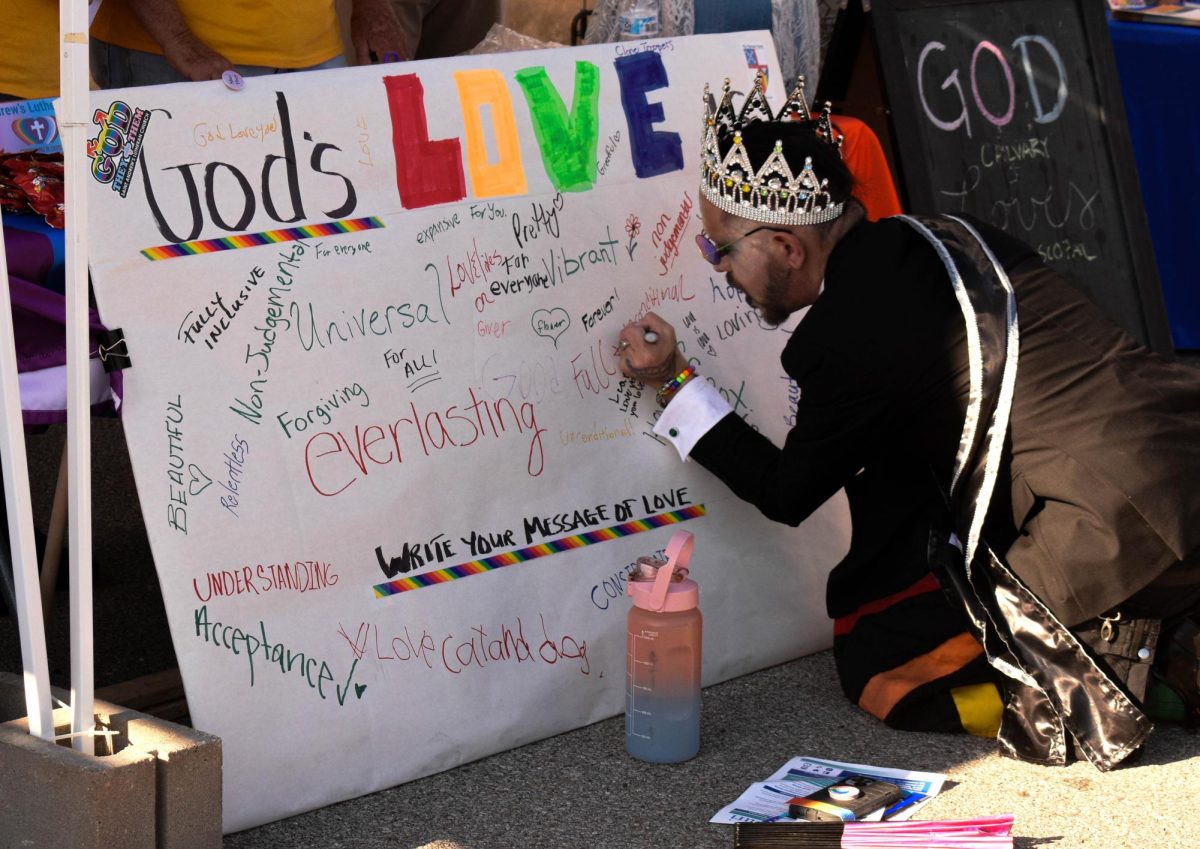The Beatles are partially responsible for Jane Ray’s career in news radio broadcasting.
“Love Me Do,” the band’s first No. 1 hit single at its release, blew four-year-old Ray’s mind. Hoping to hear the song play again, she started listening to the radio as much as possible and ended up spending lots of time listening to radio news instead.
“[I realized] you could tell a story through a means other than just pure words, through sounds and structure,” Ray said.
Audio storytelling became a respite for Ray because of her dyslexia. When writing and reading were difficult, audio saved the day. Starting in secondary school, Ray would speak her assignments aloud to her dad, who would record and type them for her.
“For somebody who has dyslexia, [with] handwriting like a kind of epileptic spider, [that was] amazing,” Ray said.
Before committing to a career in journalism, Ray earned an undergraduate degree in English and art history from the University of Leeds in 1981. Her dissertation compared art education in inner city and outer urban areas. Ray’s professor found her project “impossible to mark” because it was unlike any dissertation he had seen.
Her dissertation was then sent to three different university staff members. While the heads of sociology and English loved it, the head of the art history department thought it was “terrible” and condemned it for being “too journalistic.”
Ray took this as a compliment.
With her newfound passion for data and storytelling, Ray attended the London College of Communication, where she earned a graduate degree in journalism.
It was here that Ray first encountered her future husband, the BBC’s Mike Thomson. She saw his photo behind the university principal’s desk, along with the rest of the class of 1983. His likeness stood out to her because he was “distinctly disheveled” unlike his classmates, Ray said.
Five years later, Ray and Thomson met for the first time through mutual friends. They first spoke over the phone, and Thomson’s posh, radio-friendly voice led Ray to believe she was speaking with someone “short, blonde, neat and gay.” Ray went to London to rent Thomson’s old house and was surprised to find the very man whose picture she had noticed years ago. The property was dilapidated, but the two talked in a pub for hours, and their relationship grew from there.
The couple married in 1992.
Ray began working for the BBC in 1987 as a local reporter in Cumbria, England. She then worked as a documentary maker for the BBC for 17 years and produced and directing award winning audio documentaries as “Spinechillers” “The Day They Made it Rain” and “On Saying Goodbye.
“My love is documentary, true storytelling on film, radio and TV,” she said.
In 2002, the BBC attempted to assign a journalist to an investigative history series called “Document” Ray was producing. She was reluctant to work with any single person because the required knowledge for each individual investigation was so exclusive.
According to Ray, while she was on a family vacation, Ray’s boss called her firmly assigning her a “very serious journalist” by the name of Mike Thomson.
“I looked out and there was Mike with the two kids bouncing on his belly going ‘woo hoo, woo hoo!’” Ray said.
Thomson would become the presenter for Ray’s series, which aired for twelve years.
She moved from the BBC’s public service to their international commercial wing in 2005 and became the Head of Compliance and Complaints at BBC Worldwide. Despite being a senior manager there she was allowed sabbaticals to continue documentary projects for the BBC and a Chinese film and media production company called LIC.
Ray left documentary making full time in 2005 to take up a management position to take care of her and Thomson’s children, one of whom was ill at the time. She found it was not sustainable to have two parents with tumultuous professions.
“Kids need to know when mummy’s coming home,” she said.
Ray said any partnership involving children automatically comes with some degree of career sacrifice.
“I think women who are told they can have [a family without career sacrifice] are under too much pressure and feel that they’re doing something wrong,” Ray said. “They wind up exhausted and constantly suspect that they’re doing something wrong. You can get it right most of the time. You can’t get it right all the time, but that’s okay.”
Ray’s friend and colleague, veteran broadcaster Alan Whicker passed away in 2013. In his will, he established the Whickers’ World Foundation, which included a documentary funding facet that the foundation’s trustees invited Ray to set up and run. It was later named The Whickers.
The foundation provides financial support to first-time visual or auditory documentary filmmakers, donating £100,000 yearly to talented documentary visionaries who may not otherwise be able to execute their ideas. The Whickers acknowledges that talent can emerge at any age and that some individuals begin filmmaking later in life, Ray said.
By taking on a managerial role in 2005, Ray was able to sustain a career doing what she loved while taking care of her children. She left documentary making in 2005 to go into management and left the BBC when her children were grown up in 2015 to return to her “first love, documentary.”
“I was very happy,” she said. “It didn’t feel like a compromise –– it just felt like the right thing to do.”
Ray currently maintains her position at The Whickers while running her own media consultancy company, Cat Flap Media. According to her website, “Cat Flap Media is currently working with the BAFTA winning independent production company Spring Films on a medical mystery story.”
Edited by Egan Ward | [email protected]
Copy edited by Matt Guzman and Emily Rutledge


